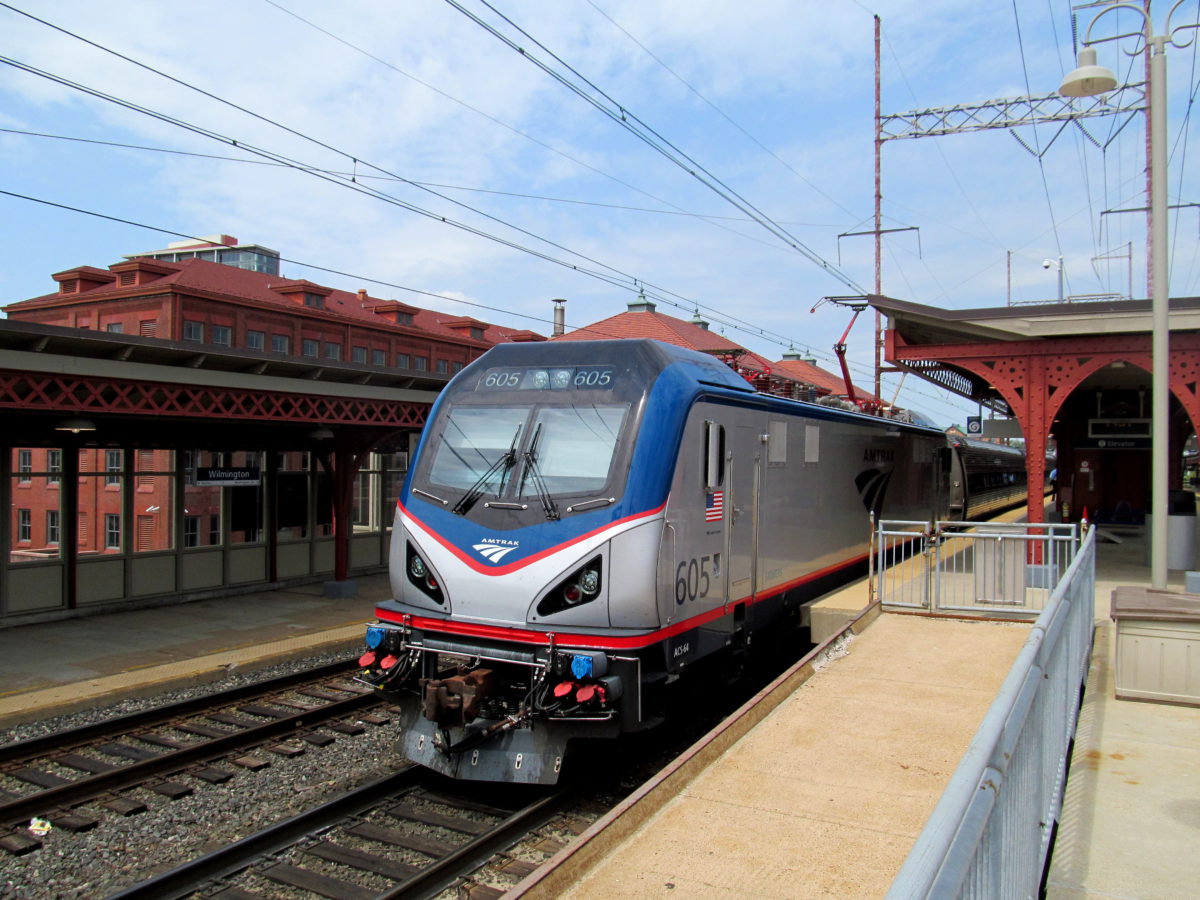Two candidates have officially entered the race to be the next governor of Delaware and a third is rumored to be joining. Whoever is elected will have broad authority to shape the state’s transportation priorities over the next four to eight years.
For decades, Delaware’s governors have prioritized motor vehicle transportation by expanding highways, building massive interchanges, and creating new toll roads to make driving as quick and convenient as possible. This has resulted in Delaware spending more than $300 million annually for the construction and maintenance of roads and bridges.
But this has all come at a terrible cost. Traffic fatalities have surged and burning fossil fuels is the leading cause of global climate change, which threatens to exacerbate flooding along Delaware’s low-lying coastal communities. Research also shows that expanding highways doesn’t actually reduce traffic; in fact, when roads get wider, traffic almost always gets worse.
Delaware’s next governor should choose a different path.
We can get thousands of cars off the road — thereby lowering traffic deaths and reducing carbon dioxide emissions — with one simple trick: Make Delaware’s existing passenger train service faster than driving.
I write this as a Delaware rail commuter working in Philadelphia who is familiar with the challenges facing the system. SEPTA’s regional rail service has come a long way since the pandemic shutdowns, when ridership plummeted to a fraction of what it was in 2019. Thousands of people are once again making the daily commute between our state’s four train stations and Philadelphia. SEPTA currently runs 16 roundtrips daily to Wilmington, 9 of which continue to the end of the line in Newark.
But all is not well at SEPTA. Regional rail has been dogged by delays, and real travel times between Delaware and Philadelphia remain unacceptably high. Even when trains are running on time, with more than a dozen additional stops in Delaware County, it takes SEPTA nearly an hour to travel the 26 miles between Wilmington and Center City, and 1 hour 20 minutes to travel the 39 miles to Newark.
Unfortunately, it could get worse. SEPTA is facing looming budget shortfalls that could lead to price hikes and service cuts across the system. Gov. Josh Shapiro has proposed legislation to adequately fund SEPTA, but the future of that proposal is uncertain, and its benefits years away. With politicians in Harrisburg unable to find solutions to SEPTA’s budget woes, it seems unlikely that Delaware can help in any meaningful way.
There has never been a better time for Delaware to pursue its own solutions for regional rail transit. Delaware should join the club of northeastern states that operate passenger rail and purchase our own trains to run express service between our four stations and Center City.
Transit can be faster than driving
When it comes to improving rail transit, cutting travel times in half usually comes at exorbitant costs, but it won’t for Delaware. Why?
Right now, slow travel times are mostly because our regional rail line is the longest in the SEPTA network, and with 13 stops in Delaware County between Claymont and Penn Medicine stations, a trip that could take 15 minutes nonstop instead takes 45.
Solving this problem doesn’t involve impressive feats of engineering or years-long community outreach and environmental studies. We just need faster trains that don’t stop in Delaware County. That’s it!
Moreover, by running our own trains on the Northeast Corridor, Delaware can begin building operations and training the workforce that will be necessary if we ever wish to expand rail service south to Middletown, Dover, and the beaches.
Delaware may be a small state, but it is also wealthy. We can easily afford our own trains. But first, Delaware needs a governor who will prioritize rail transit within the Department of Transportation and build a coalition in the General Assembly to ensure that rail transit is generously funded, just like our highways.
To be fair, Delaware’s two previous governors focused on building new train stations, which is fine. But what good are nicer stations when the service is lousy?
Delaware’s next governor should pursue bold change and create a new vision for transportation that is not so narrowly focused on motor vehicles. At the moment, there are two candidates who have formally declared candidacy: New Castle County Executive Matt Meyer and Lt. Gov. Bethany Hall-Long. (Former DNREC Secretary Collin O’Mara is exploring a run for governor.) Here are my questions for them and anyone else who enters the race:
- What will you do to improve service and travel times for Delaware’s regional rail commuters?
- Will you commit to a future where taking the train is faster than driving?
- Would you support Delaware buying its own trains and running express service into Philadelphia?
The faster we can move people by train, the fewer cars will be clogging our roadways. Everybody wins!

